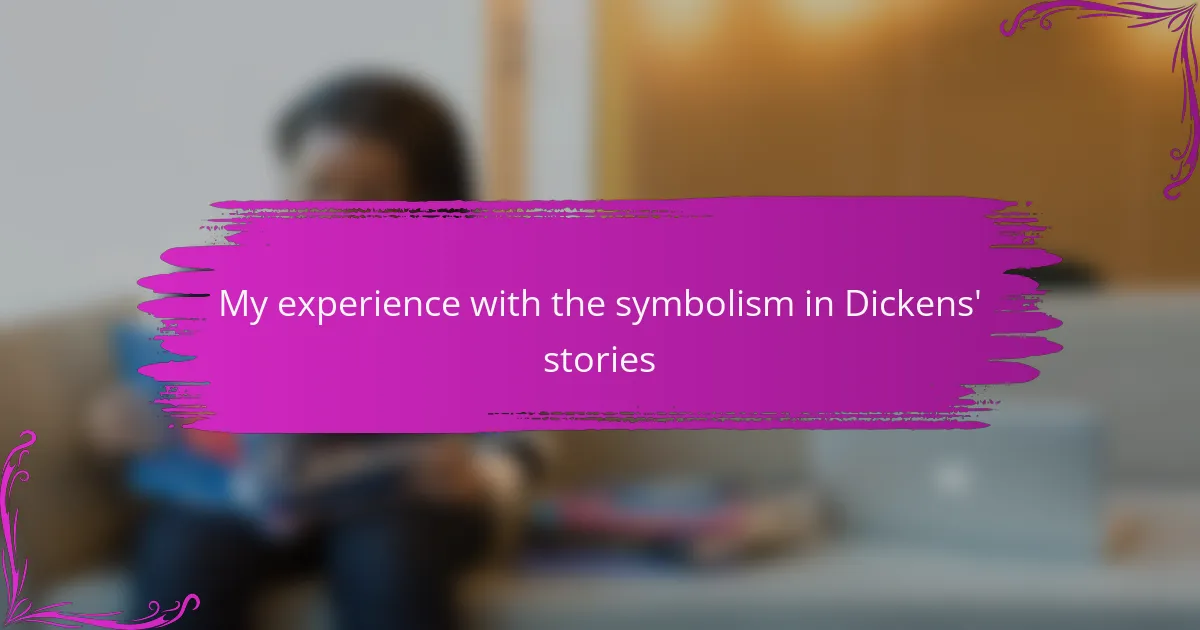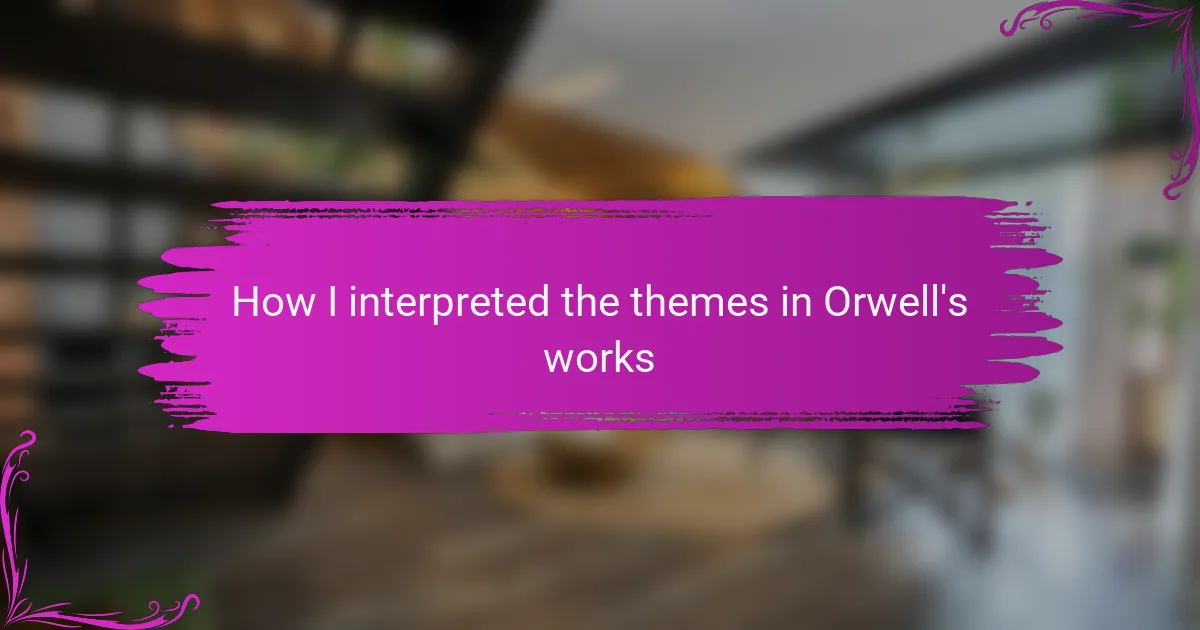Key takeaways Satire in literature critiques society and highlights flaws through techniques like exaggeration, irony, and absurdity, as exemplified in Kurt Vonnegut’s works. In education, satire fosters critical thinking, promotes dialogue on complex issues, and encourages empathy by presenting harsh realities in an accessible manner. Vonnegut’s unique blend of humor and existential themes invites readers […]
Key takeaways Understanding Salinger’s dialogue involves analyzing characters’ emotional states and motivations, revealing deeper themes of alienation and connection. Practical techniques such as reading aloud, annotating texts, and comparing with other authors enhance dialogue comprehension and engagement. Resources like annotated editions and literary critiques provide valuable insights into Salinger’s unique style and character interactions. Studying […]
Key takeaways Literary symbolism in Dickens’ works conveys deeper themes and enhances emotional connections with readers. Common symbols, such as light and darkness, food, and Christmas, reflect key ideas like hope, social status, and generosity. Understanding symbols can lead to personal reflection and greater appreciation of the narrative and its characters. Recurring themes in Dickens’ […]
Key takeaways Kafka’s work profoundly explores themes of alienation, absurdity, guilt, and authority, reflecting deep human emotions and societal struggles. His personal experiences, including his Jewish background and mental health challenges, significantly influenced the themes and characters in his narratives. Resources like “The Kafka Project” and “Letters to Felice” enhance understanding of Kafka’s literary context […]
Key takeaways Orwell’s literature critiques totalitarianism, societal control, and the importance of personal freedom, with a strong relevance to contemporary issues like surveillance and misinformation. His works, including “1984” and “Animal Farm,” highlight themes of power dynamics, corruption, and social inequality, prompting readers to reflect on modern political landscapes. Analyzing Orwell’s use of symbolism and […]
Key takeaways Narrative voice significantly shapes reader engagement and emotional connection, influencing how events and characters are perceived. Nabokov’s literary style is marked by playful language and complex narration, inviting readers to reflect on memory and perception. His unique use of irony and lyrical prose creates a blend of beauty and discomfort that leaves a […]





